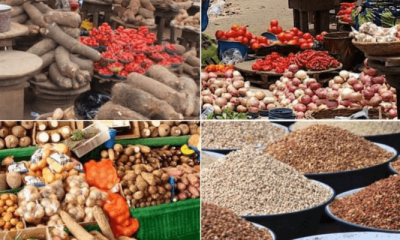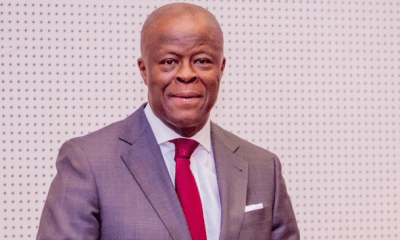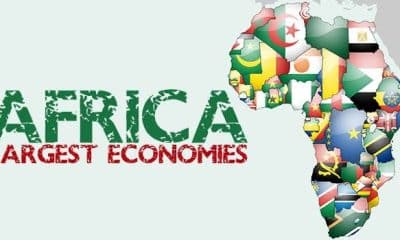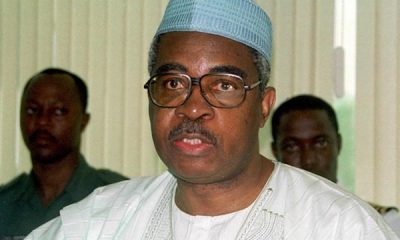Business
World Bank Projects 3.7% Growth For Nigerian Economy In 2025
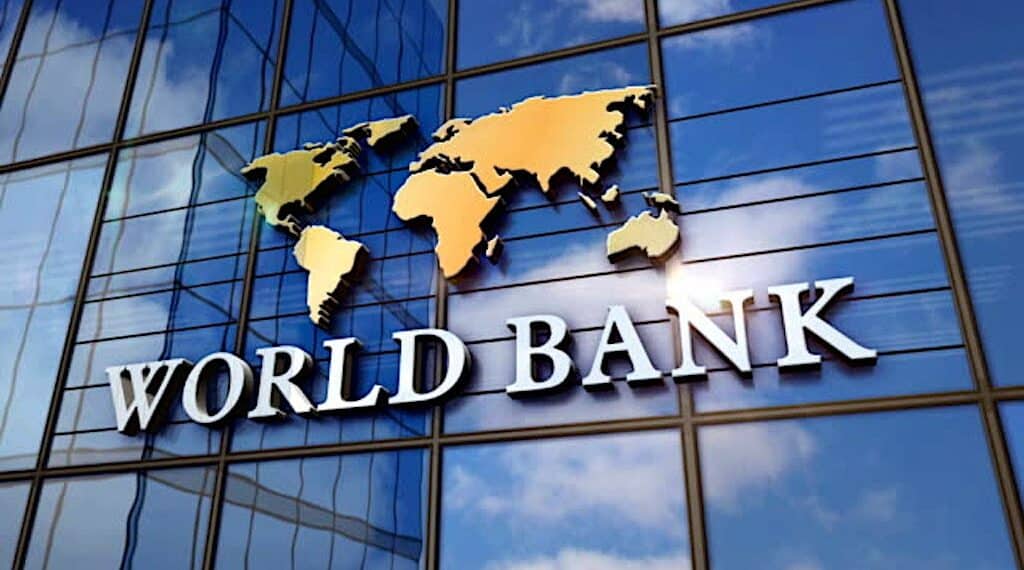
Nigeria’s GDP is expected to increase by 3.7% in 2025, according to World Bank predictions.
The largest economy in Africa is expected to grow by 3.3%, up from a projected 2.9% in 2023, according to the World Bank’s most recent study, “Global Economic Prospect: Subdued Growth, Multiple Challenges.”
The report stated, “Growth in Nigeria is projected at 3.3 per cent this year and 3.7 percent in 2025—up 0.3 and 0.6 percentage points, respectively, since June—as macro-fiscal reforms gradually bear fruit.
“The baseline forecast implies that per capita income will reach its pre-pandemic level only in 2025.”
The momentum, according to the Washington-based bank, is due to the present macro-fiscal reforms being gradually implemented.
Naija News recalls that President Bola Tinubu has implemented several reforms since taking office, with an emphasis on infrastructure development, manufacturing, and technology. These reforms include the elimination of fuel subsidies and the harmonization of foreign exchange rates.
The global bank stated that commerce, services, construction, and agriculture will propel the nation’s economic growth.
The 2023 State of Global Food and Nutrition Security report claims there has been a 133% increase in food insecurity among Nigerians in just three years. Between 2020 and 2022, the number increased from 63.8 million in 2014 to 148.7 million in 2022.
“Inflation should gradually ease as the effects of last year’s exchange rate reforms and removal of fuel subsidies fade. These structural reforms are expected to boost fiscal revenue over the forecast period,” the World Bank declared.
It admitted that the disruptive currency demonetisation policy—which involves replacing outdated, high-denomination naira notes—caused the Nigerian economy to soften to an anticipated 2.9% in 2023.
The report said, “Growth in the region’s three largest economies—Nigeria, South Africa, and Angola—slowed to an average of 1.8 percent last year, holding back the region’s overall growth.
“In the region’s other countries, growth softened to 3.9 per cent, partly reflecting a sharp decline in metal exporters’ growth alongside lower global metal prices. Moreover, intense and prolonged conflicts hampered growth in several countries.
“More broadly, post-pandemic recoveries were slowed by weakening external demand and domestic policy tightening to address persistent inflation.”
The National Bureau of Statistics estimates that Nigeria’s GDP grew at a rate of 2.54% to N60.66 trillion as of Q3 of 2023.
The growth rate, according to the agency, exceeded both the 2.51 percent growth in the second quarter of 2023 and the 2.25 percent growth noted in Q3 of 2022.
On the other hand, there were worries that Nigeria’s growth prospects may continue to be jeopardized by factors like growing public debt, ongoing inflation, high living expenses, and a poor business environment.
In December 2023, the nation saw inflation reaching a 21-year high of 28.92 percent.
Data from the Debt Management Office show that in the third quarter of 2023, the public debt increased to N87.91 trillion.
With a high public debt load and a small domestic tax base in 2023, African nations’ fiscal positions would only get worse, according to the United Nations’ “World Economic Situation and Prospects 2024” study.
“Efforts to increase in-country oil refining capacity would likely reduce domestic fuel costs in 2024 and beyond. Energy subsidy reforms in Nigeria, Angola, and Gambia, as well as tax hikes in Kenya, Ghana, and South Africa, aim to provide the government with some relief from tight fiscal spaces,” the UN said.





